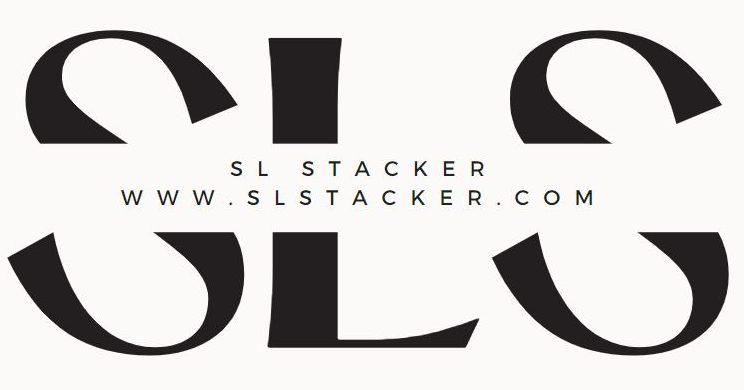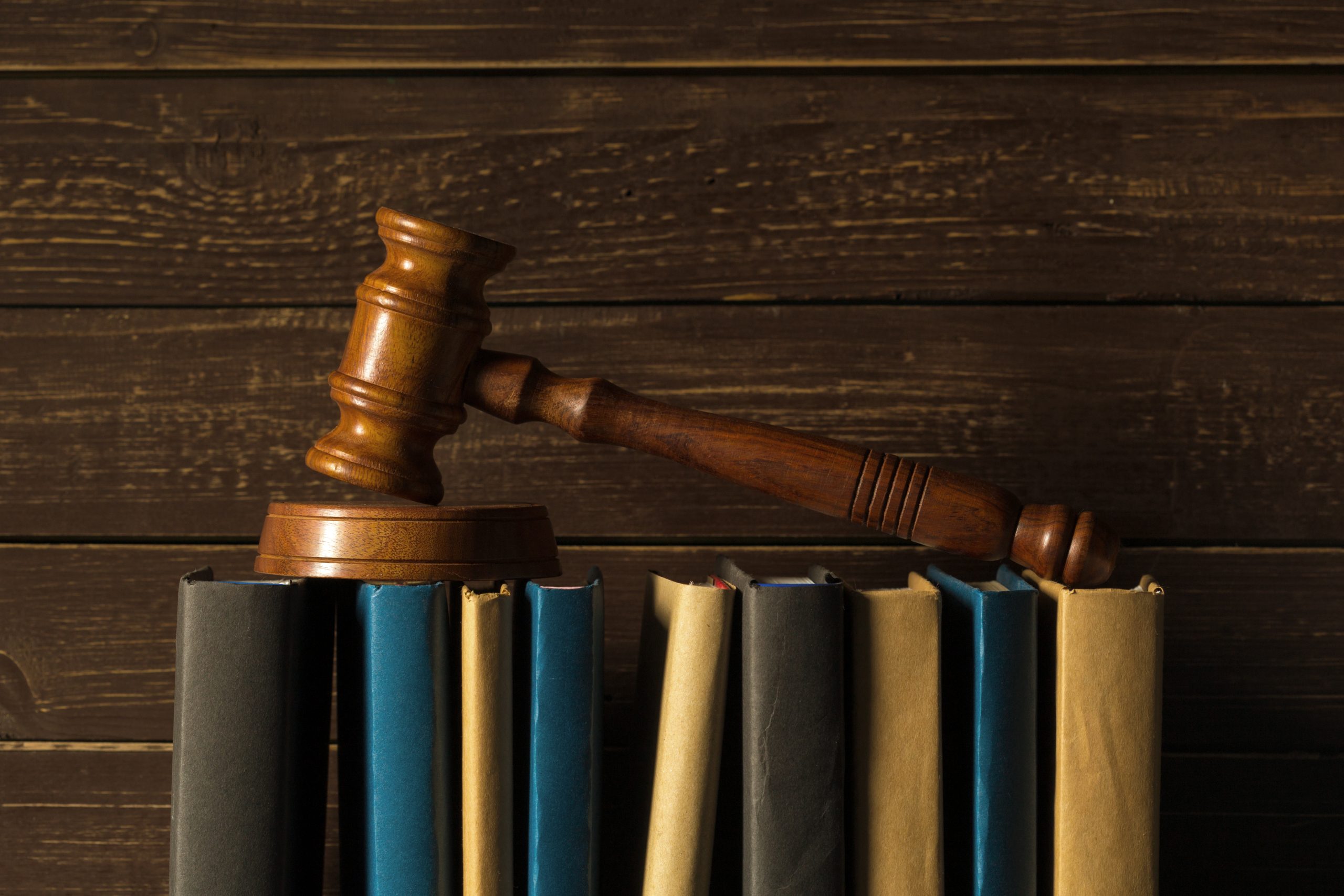Drunk driving is a serious offense and can lead to serious consequences if caught. The most common consequence is the loss of your driver’s license, but there are many other repercussions you could face when convicted of drinking and driving.
In this blog, we’ll explore the possible punishments for drunk driving, including license suspension or revocation and other penalties that the court may impose in certain cases.

Consequences of Drunk Driving
Driving under the influence (DUI) or drinking and driving is a serious criminal offense with severe penalties in all states in the United States.
Depending on your state’s laws, you can be charged with DUI simply for having a certain amount of alcohol in your system while operating a motor vehicle. Even if you don’t cause an accident or break traffic laws, drinking and driving in every state is still illegal.
The penalties for drunk driving vary from state to state, but they typically include some combination of jail time, fines, community service hours, and, most commonly, license suspension or revocation. A conviction of drunk driving will almost always result in some form of license action taken against you.
License Suspension or Revocation
License suspensions and revocations are both forms of license action taken as a punishment for committing drunk driving offenses.
A suspended license means that your privilege to operate a motor vehicle is temporarily revoked; You cannot legally drive during the suspension period but must follow all terms listed on the suspension order before you can reinstate your driver’s license.
If a person violates their suspension period, then their driver’s license could be revoked, which means that their privileges have been completely terminated – meaning they can no longer legally operate a motor vehicle until their driver’s license has been reinstated by meeting all requirements set forth by their respective state DMV department.
In addition to possible license suspensions/revocations due to conviction for DUI/DWI offenses, certain states may also impose additional licensing sanctions such as ignition interlock device (IID) requirements for offenders with elevated levels of intoxication over .08 BAC%.
IIDs require drivers to blow into an alcohol sensor before starting their cars – preventing them from driving while intoxicated – while alcohol monitoring devices (aka SCRAM bracelets) are used to detect alcohol consumption even after someone has started driving.
Other Penalties
Aside from licenses suspensions/revocations or IID/SCRAM bracelet installations, other punishments can come with being convicted of drinking and driving, such as jail time, court-ordered substance abuse classes and therapy sessions, significant fines, or even
potentially having your vehicle impounded or forfeited in extreme cases where people have multiple offenses on record (especially if they were prior felons).
Further legal issues such as increased insurance premiums also arise after convictions due to DUI/DWI offenses which further increase costs associated with these types of legal charges related issues and should never be overlooked when considering potential punishments related to drinking-driving violations.
Verdict!
I was convicted of drinking, and driving has many consequences, including the potential loss of one’s driver’s license either through suspensions/revocation orders produced by DMV departments or IIDs/SCRAM Bracelet installations imposed upon individuals who represent multiple convictions on record.
Especially if those persons were previously charged with felony counts when it came down to any legal matter related to operating motor vehicles illegally under intoxication circumstances.
It’s best practice, however, not to become part of any situation involving blowing over limits prescribed by law enforcement officers because even minor offenses often carry significant punishments that can cripple one financially.
While limiting access to transportation options through long-term loss privileges across all countries, the efforts to slow the spread of COVID-19 affect on judicial processes.


